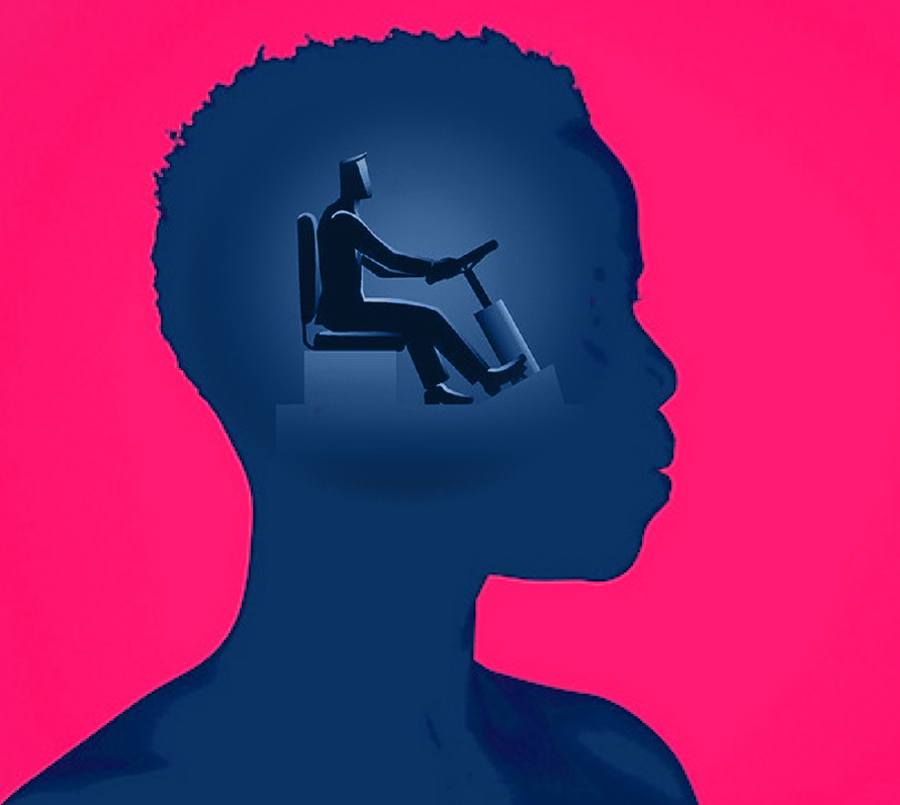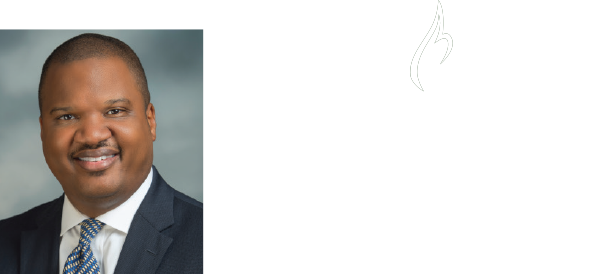


As a result of these deaths, demonstrations, marches, and protests emerged across cities in the United States and abroad. Chants of “black Lives Matter.” “No Justice. No Peace.” “Hands up! Don’t shoot!” And “I can’t breathe,” were and are still heard daily.
Yet, in many faith circles there are some who choose to remain silent on such issues of racial injustice. Nevertheless, the faith community is in danger of death when it is silent on the reckless racism that exists in our world, where a man can be killed while jogging, a woman can be shot eight times while sleeping, and a man can lose his life because of a knee to his neck.
The faith community is called upon to have a moral conscience for the equitable treatment of humanity.

The mindset that intimates, “if it doesn’t directly affect me, we can be silent,” is contrary to Christian conscience. Jesus said, “Inasmuch as ye have done it unto one of the least of these my brethren, ye have done it unto me” (Matthew 25:40, KJV). In his “Letter From a Birmingham Jail,” Martin Luther King, Jr. famously said, “Injustice anywhere is a threat to justice everywhere!” He also asserted in a 1965 speech that “In the end, we will not remember the words of our enemies, but the silence of our friends.”
When a faith group is collectively silent on addressing real life, social issues, it compromises its witness—because individuals are rarely desirous of joining a faith group that doesn’t appear to care about basic human needs. Christian conscience, however, activates the faith community to speak up for what is right.
In exercising Christian conscience, I’d like to suggest three, fundamental characteristics needed in the faith community:
- We need vision. “Where there is no vision, the people perish,” (Proverbs 29:18, KJV). We need eyes to see those who are hurting.
- We need compassion. “Finally, all of you, be like-minded, be sympathetic, love one another, be compassionate and humble” (1 Peter 3:8, NIV). We need the love of God in our hearts.
- We need action. “For I was an hungered, and ye gave me meat: I was thirsty, and ye gave me drink: I was a stranger, and ye took me in: naked, and ye clothed Me: I was sick, and ye visited me: I was in prison, and ye came unto me” (Matthew 25:35-36, KJV). We’ve got to go beyond the four walls of the church and reach people with God’s love.
Preaching is great, but we have to do more—because the greatest sermon ever preached is the one that is lived.
Prayer is great, but we have to do more—because “faith without works is dead” (James 2:20, KJV).
We have to do more than write nice, politically-correct statements.
We have to do more than post to social media, quoting the latest soundbites or posting the best clichés on social justice.
We have to march.
We have to peacefully protest.
We have to get involved in our communities.
We have to help human suffering.
We have to feed people who can’t feed themselves.
We have to clothe people who can’t clothe themselves.
We have to speak for those who can’t speak for themselves.
We have to exercise Christian conscience.
